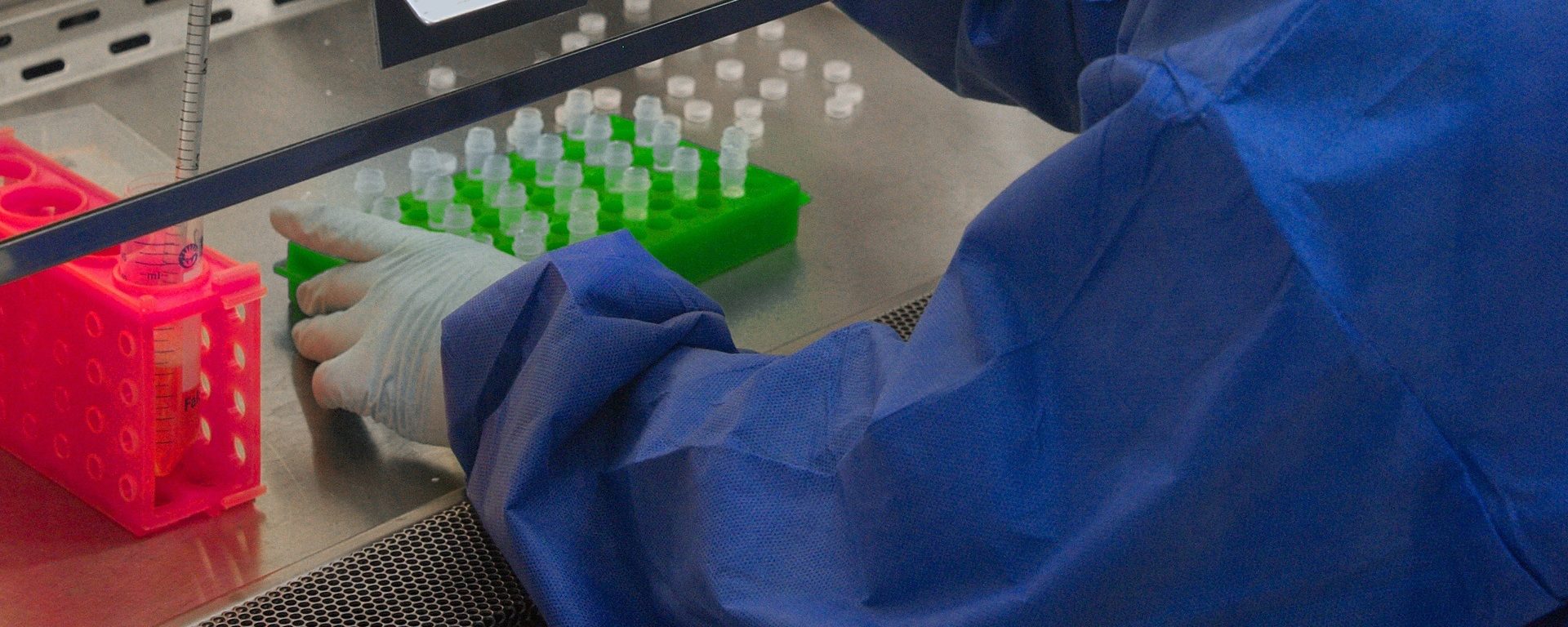Nursing is one career that is directly affected by its local social, economic, political, and environmental conditions. This is because nursing is intricately linked to people and their conditions. As you can imagine, being a nurse in a city like Hartford, CT, is much different than providing care in rural Alaska. However, national trends within healthcare show us that patients in apartment buildings and cabins alike are experiencing some of the same, positive changes in the USA.
Recent statistics from World Bank Group show that the life expectancy of Americans has continued, on average, to increase over the last fifty years. In tandem, total population has continued to increase. People today are living almost ten years more than they were in 1968. How amazing for us!
But we can’t ignore the even bigger picture. What do longer life spans, compounded by more people, mean for the healthcare field as a whole? What about the individuals that are providing care for this steadily upward trajectory? We have been witnessing a steady shift in the type of care that needs to be offered. It’s not a trend – it’s a necessity! Healthcare reform has increasingly been promoting preventive care, rather than disease and illness care. Managing those longer lives holistically is the most modern challenge for an evolving healthcare system.
Who are the health practitioners meeting this great demand? Who are the ones working outside of the drama found in the E.R., and instead, providing physical therapy, basic treatment, health education, and daily support for seniors? The true heroes of the healthcare sector are our public health nurses.
Perhaps unsung, but certainly not unrewarded, public health nurses make an average annual salary that is upwards of $63k. What do public health nurses do to earn this healthy salary? Well, depending on the educational level that a public health nurse earns, one’s job description and responsibilities will vary.
With a bachelor’s degree, public health nurses become qualified to work with diverse populations in settings such as city and county health departments, federal organizations, nursing homes and at-home elder care providers, schools, private practitioners’ offices, rehabilitation centers, and more. They may provide physical assessments to patients, collect information, assist in bathing and wound-dressing, and in general, provide support for more senior nurses and doctors.
With a master’s degree in public health nursing, you have the option to focus on developing policy and addressing advocacy. Earning an MSN in public health is truly your ticket to leadership roles and research responsibilities. As a leading public health nurse in your community, you may find yourself:
- Working with local authorities to better serve neglected communities
- Educating the public about their healthcare options
- Designing and implementing disease prevention and immunization campaigns
- Creating systems that maximize patient benefits
- Uncovering underlying risk factors in specific communities… and making plans to prevent them!
An MSN in public health allows you to become an important voice for healthcare in your community. Draft and implement reform that has an impact on a maximum amount of people. Feel the power of making a difference. It’s what public health nursing is all about.
Whether you first decide to be an analyst, an educator, a practitioner, or a community health advocate, one of the most exciting things about a degree in public health is, in fact, the flexibility. Finding your true calling as a nurse is easy when your MSN allows you to test drive any of these roles. Today’s workforce trends show that flexibility in your career is important, because it allows you to be adaptable and responsive to change, and to seize opportunities as they arise. Being flexible also sends a signal to your boss that you value diversity in your workplace. This surely sounds like the job of a public health nurse with their MSN degree.
Making the decision to start an MSN program in public health is a big one. Goodwin College makes it easy by being available to answer all of your questions. Learn about Goodwin’s online MSN program, and our public health focused curriculum by calling 800-889-3282 or visiting us online!
Goodwin University is a nonprofit institution of higher education and is accredited by the New England Commission of Higher Education (NECHE), formerly known as the New England Association of Schools and Colleges (NEASC). Goodwin University was founded in 1999, with the goal of serving a diverse student population with career-focused degree programs that lead to strong employment outcomes.

